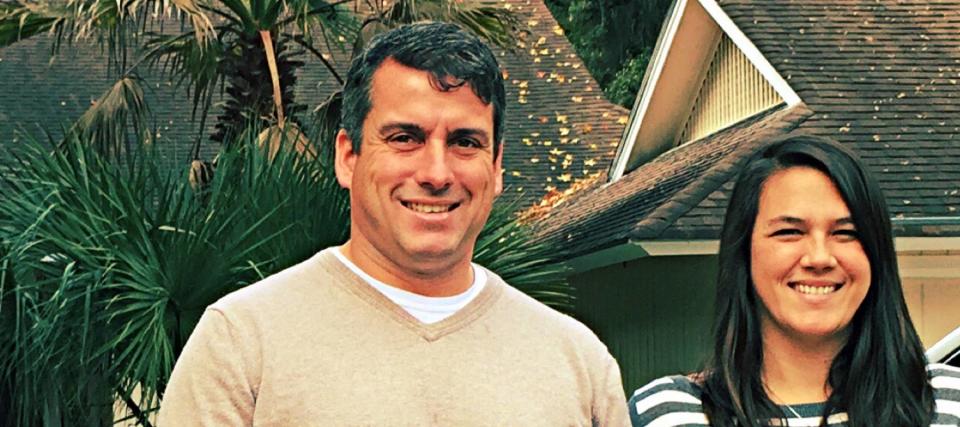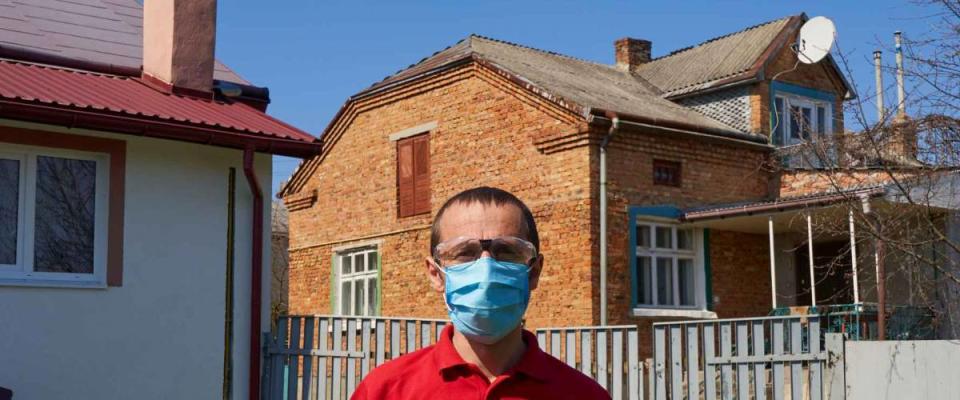Most who got COVID-19 mortgage relief feel guilty about it now

Most Americans who've been given a break from mortgage payments for the coronavirus crisis didn't really need to do that and don't feel good about it, a new survey finds.
The Cares Act — the same law that gave us those $1,200 stimulus checks and the supersized unemployment benefits providing an extra $600 per week — also allows homeowners to claim financial hardship and put their mortgages on hold for up to a year.
It's called mortgage forbearance, and the data firm Black Knight says 4.75 million U.S. homeowners, holding 9% of all mortgages, have taken advantage of the program.
Initially, forbearance under the Cares Act came with some stigma: Borrowers who put their payments aside learned they were ineligible to refinance their loans at today's incredibly low mortgage rates. They would have had to wait a year after getting caught up. But that rule has been eased.
Even so, the overwhelming majority of Americans who were approved for the loan relief indicate they would have been just fine without it, according to the LendingTree survey.
Just 5% couldn't have paid their mortgages otherwise
A quarter of U.S. homeowners requested forbearance, and 80% of those applicants were approved, LendingTree says its survey found.
But only 5% who got the time-out on their mortgages say they wouldn't have been able to make their payments without the relief. Another 26.2% say they could have stayed current on their home loans but would have had to put off paying other important bills.
The forbearance offer is open to the 70% of U.S. mortgage holders who have government-backed loans, including FHA and VA home loans, and loans owned by the government sponsored mortgage companies Freddie Mac and Fannie Mae.
The Cares Act allows borrowers to ask for an initial hold on their mortgage payments for up to 180 days. After that, you can seek another 180-day break. The lender isn't allowed to add fees or extra interest, and forbearance doesn't hurt your credit score.
People sometimes confuse forbearance with forgiveness. But forbearance doesn't wipe out any mortgage payments; it merely postpones them.
Once the forbearance period ends, your options for making good on your delayed payments include:
A one-time lump-sum or "balloon" payment. This option is not recommended because of the obvious challenge it poses for homeowners going through financial difficulty. But there have been reports of lenders trying to steer borrowers in the balloon direction.
An extension added to the end of your loan, amounting to the payments and interest you missed.
A plan that increases your monthly payment to pay off what you owe.
Forbearance can be 'a good strategy'

Forbearance can provide financial relief during the pandemic.
Even if you don't really need it, obtaining a forbearance can be a good strategy that provides more wiggle room when you're going through a rough financial patch, says Tendayi Kapfidze, chief economist at LendingTree.
"With uncertainty around how long the COVID-19 crisis will last and how deep its economic impact will be, preserving cash is a priority for many Americans. A mortgage forbearance temporarily removes mortgage payments from the equation," Kapfidze writes.
Even so, 71.5% of those who were given forbearance now feel "a lot" or "a little" guilty, the LendingTree survey found.
"Asking for help isn’t easy when you fall on hard times, and some homeowners may even feel embarrassed or guilty about it," says Kapfidze.
The Federal Housing Finance Agency has eliminated one potential source of shame for borrowers who put their mortgages on ice: They're no longer penalized if they want to refinance. If they're granted forbearance but continue to make their payments, they now have the ability to refinance their loans with no waiting.
"Today’s action allows homeowners to access record-low mortgage rates and keeps the mortgage market functioning as efficiently as possible," said FHFA Mark Calabria in a statement making the announcement on Tuesday.
Or, there's just a three-month wait to refinance or buy a new home after forbearance if you had skipped paying on your mortgage but then make three consecutive payments.
